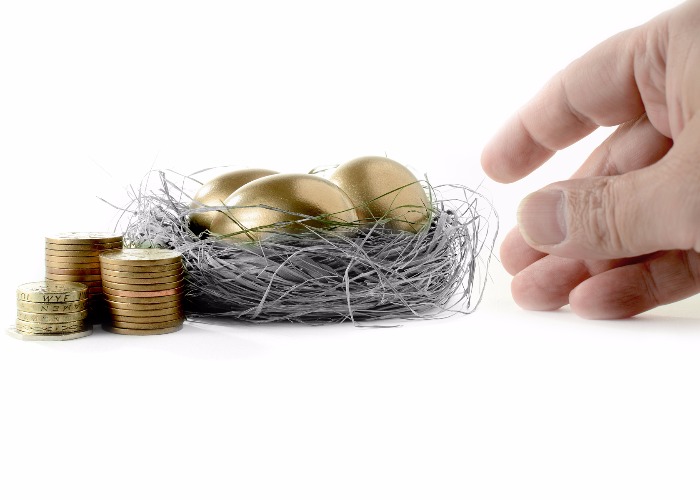Who gets your pension when you die?

Over 750,000 people are risking the wrong person getting their hands on their pension benefits after they die. Do you know who will get yours?
Few things are simple in the modern world, and pensions certainly aren’t.
To add to the complications around your retirement savings pot new research has revealed that over a three-quarter of a million of us could be set to hand our hard-earned cash over to ex-partners after we die.
Bereavement: how to handle your loved one's finances
The problem is many people have multiple partners or marriages over their lifetime, but they don’t think to update their pension provider about who should inherit their pension if they die.
When you enrol in a pension scheme you are asked who you want to receive any payments after your death.
Typically, we all put down our spouse or partner. But, if you go on to end up in a long-term relationship with someone else, you probably forget to inform you pension provider of the change.
As a result, when you die there is a risk that any pension benefit assigned to widows or widowers could go to an ex-partner.
“Over the course of our lives many of us will be in a number of different relationships,” says Helen Morrissey, personal finance specialist at Royal London.
“The person we want to receive any pension benefits after we are gone is likely to change over that time.
But, if we have not told all of our past pension schemes about our new wishes and our new circumstances, there is a risk that the wrong person will stand to gain.
“It is important that people make sure that all of this information is kept up to date.”
Your pension rights after your partner dies
To further complicate matters, most of us will have numerous different jobs over our working lifetime – the average is now 11 – which could mean we have many different pensions.
This means that keeping everything up-to-date can be a complicated matter for both you, and your pension provider.
Scheme trustees and pension providers will try to consult your will and speak to your colleagues and family members to try and find out who should receive and post-death benefits.
But, if you haven’t worked for the company for many years it could be difficult for them to get in touch with the right people. Learn more about how to find old pensions with this handy guide.
Planning for your retirement? Visit our investment centre to view your options (capital at risk).

How to avoid giving your pension to your ex
- Keep a file with the details of all your various pension schemes in it.
- Contact each pension scheme and ask whether there are any benefits paid to beneficiaries after your death.
- Check who is currently named as your beneficiary with each pension scheme.
- Update any schemes that hold out of date information.
- Make sure you keep your will up-to-date when your personal circumstances change, whether that is a divorce, death or new arrival.
- Update your pension providers if your circumstances change and you need to alter who is your beneficiary.
Comments
Be the first to comment
Do you want to comment on this article? You need to be signed in for this feature